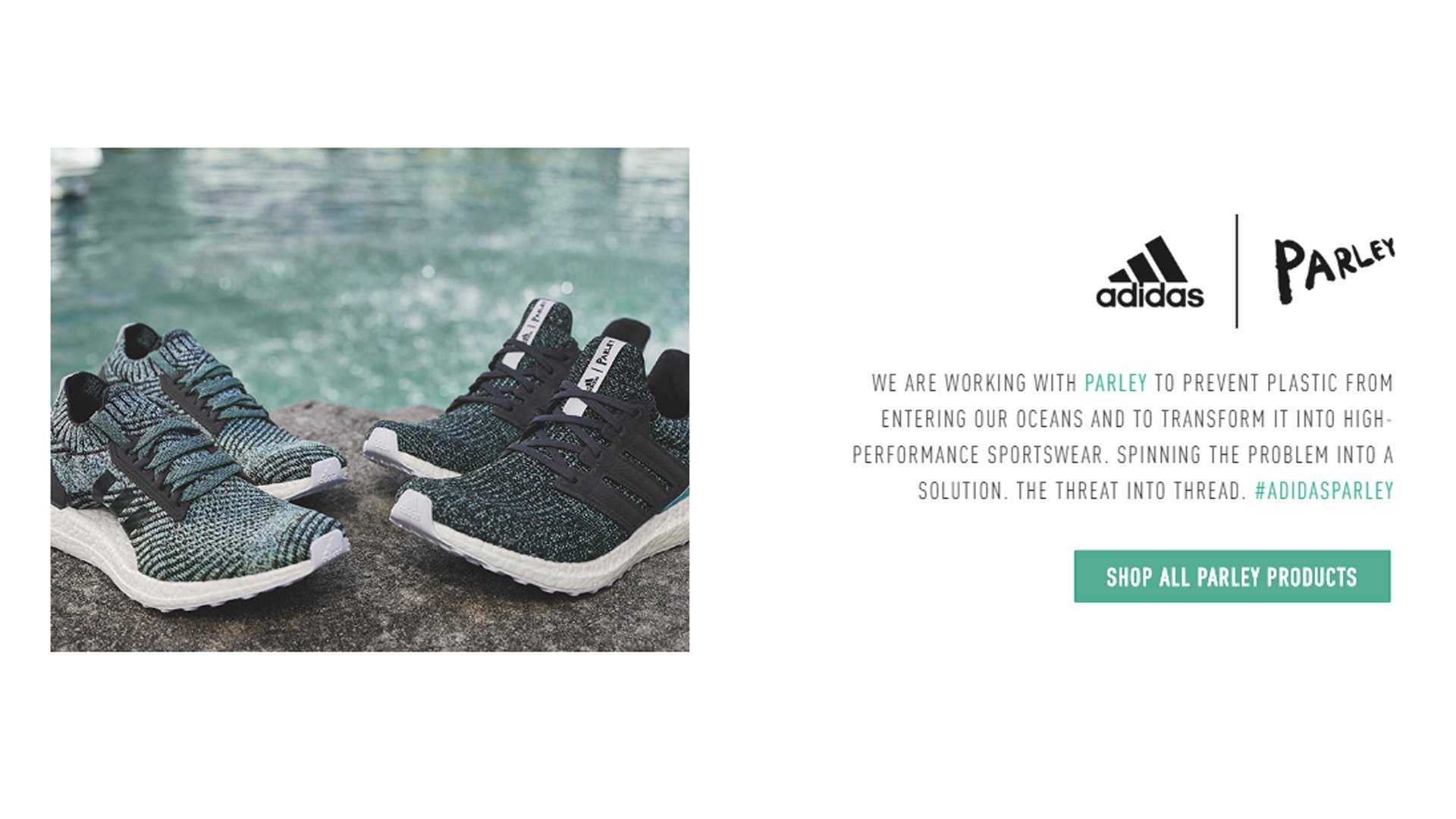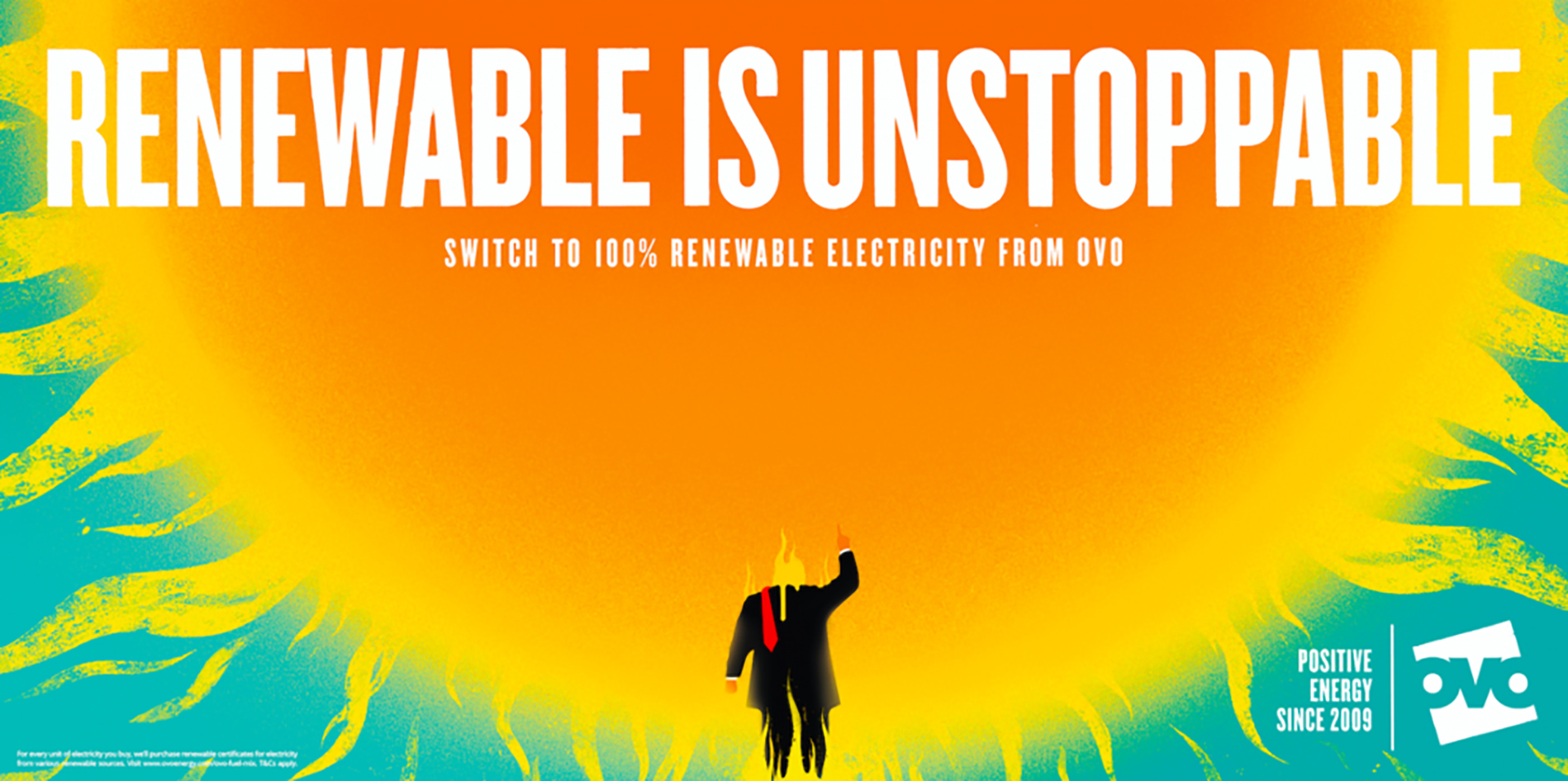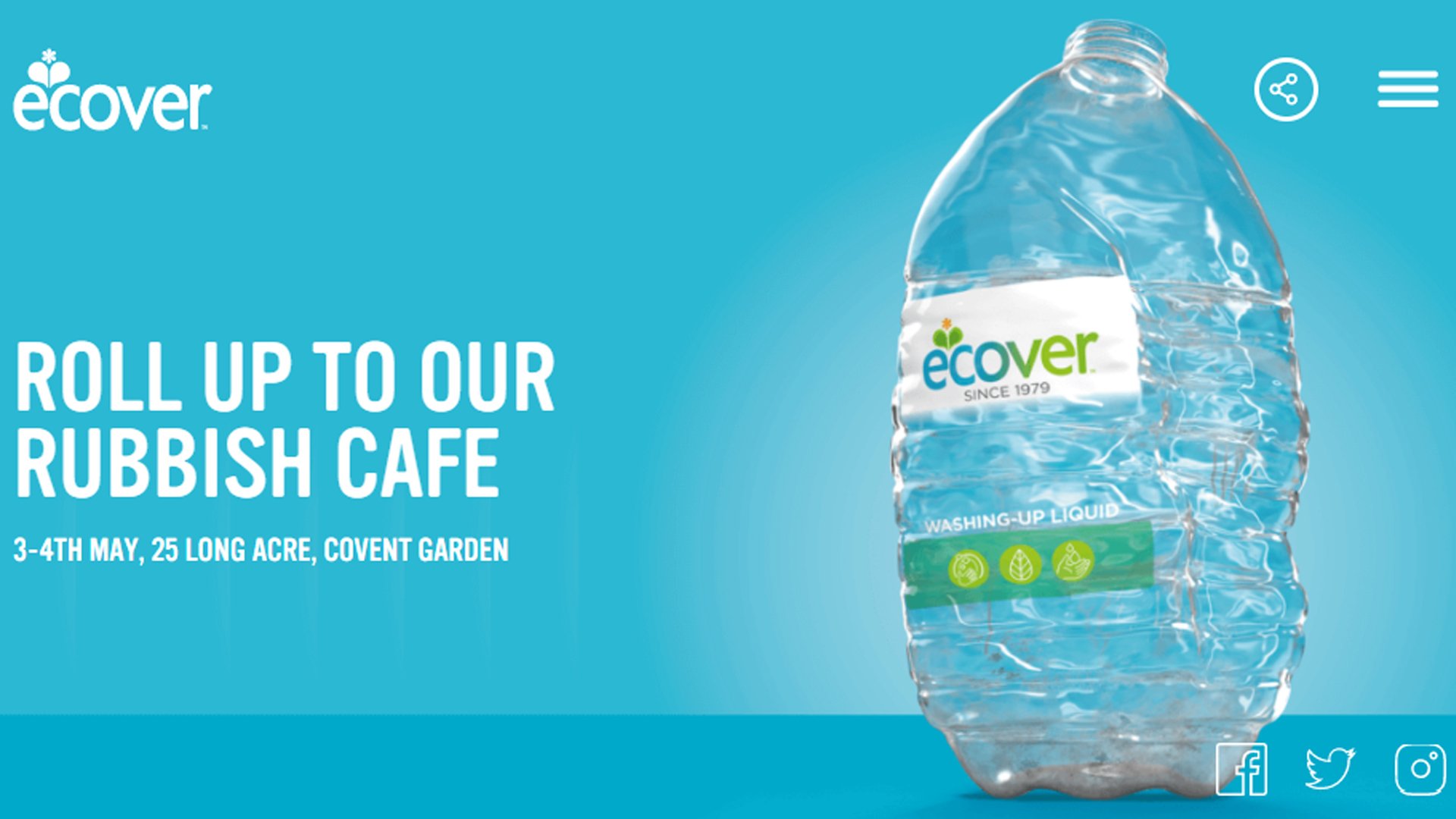How To Avoid Greenwashing
Since Blue Planet II aired last year and highlighted the extent of plastic pollution in the world’s oceans, it appears that the general public have finally woken up to the fact that our throw-away attitude to trash is seriously damaging the planet.
From the latte levy and a ban on plastic straws, to the planned introduction of bottle and can deposit schemes and even rival supermarkets joining forces to reduce plastic packaging, sustainability has taken centre stage in 2018.
It looks like green is the new black – especially for the Millennial generation. A global survey has found that 73% of Millennials are willing to pay more for sustainable, better quality goods.
Brands are increasingly looking to attract eco-conscious consumers by highlighting their sustainable, eco-friendly, or otherwise green credentials. But jumping on the sustainability bandwagon could be a dangerous marketing move if done for the wrong reasons, and brands risk being accused of greenwashing.
What is greenwashing?
Greenwashing is the practice of creating false or misleading marketing to promote a product, service or brand as more eco-friendly than it really is.
Most of the time, greenwashing is unintentional. Green issues are technical, fast-moving and complex. Brands that aren’t fully clued-up on environmental issues, regulations, certifications and laws can mistakenly make claims that are exaggerated or untrue. But the impact of greenwashing can damage a brand’s reputation – sometimes irreversibly – with the very people they were trying to attract.
How to avoid greenwashing
When marketing or promoting green products, it’s imperative to avoid the Seven Sins of Greenwashing:
- Hidden trade-off
Focusing on a single ‘green’ attribute without paying attention to other important environmental factors.
- No proof
Making a green claim with no evidence to back it up.
- Vagueness
Using a term that sounds green or eco-friendly, but which is largely meaningless. For example, ‘all-natural materials’.
- False labels
Creating the impression of third-party endorsements which aren’t real.
- Irrelevance
An environmental claim which is truthful but not helpful to consumers. For example, ‘CFC-free’ even though CFCs are banned by law anyway.
- Lesser of two evils
A green claim which distracts from the greater impact of the product or company.
- Lies
Outright lying about green credentials or environmental benefits.
Brands doing it right
adidas
adidas positioned itself at the forefront of sustainable fashion back in 2016 by partnering with Parley for the Oceans to release a new sneaker line made from recycled ocean plastic.
But adidas didn’t stop there. The brand has championed transparency in the fashion industry by creating an entire Sustainability section on its website, where consumers can turn to find out details on which materials are used in its clothing and footwear, the workpla
ce standards for their factory workers, and the company’s compliance with human rights, environmental approach and sustainability.
OVO
OVO’s recent ad campaign “Renewable is Unstoppable” uses humorous graphics and a light-hearted candid video to highlight that even world leaders can’t stop the movement towards renewable energy.
The company was founded in 2009 “to make energy cheaper, greener, and simpler.” OVO offers 100% renewable electricity to its customers. They’re also using technology to build an energy system that means we’ll one day be able to power the whole country solely on renewables. Add to that their charity, OVO Foundation, which tackles youth poverty and educational inequality, and their tree planting initiative I Dig Trees, and you can see that OVO walk the walk as well as talking the talk.
Ecover
Although non-toxic plant-based laundry and detergent company Ecover was recently bought out by SC Johnson, dropping its ethical rating of 11.5 to 9.5, it looks like SC Johnson is keen to maintain the brand’s ethical reputation.
Ecover is challenging people to rethink the value of rubbish with a pop-up Rubbish Café, where customers pay not with money, but with recyclable plastic waste. The menu is vegetarian and zero-waste, and the two-day experience is designed to inspire customers to reduce, reuse and recycle plastics. Ecover is running the event as part of their Clean World Revolution, with the aim of using packaging which doesn’t rely on plastic by 2020.
Brands that missed the mark
Nestlé
Nestlé’s recent pledge to make all plastic packaging 100% recyclable or reusable by 2025 has fallen flat. Considering that only a third of consumers’ plastic packaging is actually recycled in the UK, brands need to shoulder the responsibility of reducing plastic packaging, rather than pushing the onus onto the customer. During a 2017 beach clean-up in the Philippines, Greenpeace volunteers found more discarded Nestlé products than any other brand.
Graham Forbes, Greenpeace oceans campaigner, said: “Nestlé’s statement on plastic packaging includes more of the same greenwashing baby steps to tackle a crisis it helped to create. It will not actually move the needle toward the reduction of single-use plastics in a meaningful way, and sets an incredibly low standard as the largest food and beverage company in the world. The statement is full of ambiguous or non-existent targets, relies on ‘ambitions’ to do better, and puts the responsibility on consumers rather than the company to clean up its own plastic pollution.”
At Tug we have extensive experience in effective marketing to avoid greenwashing. We have worked with WWF – the world’s leading environmental charity – for over two years, winning awards for our work for their global social media account. If you need help navigating the complexities of ethical green marketing, get in touch today.
Image sources:
http://www.adidas.com/us/parley
https://bulb.co.uk/blog/renewable-is-unstoppable-nice-one-ovo





